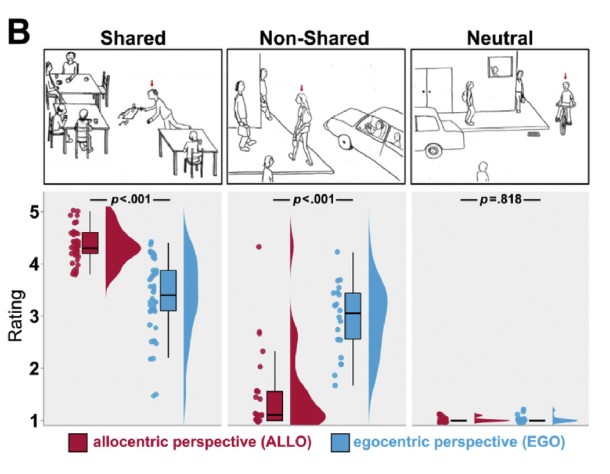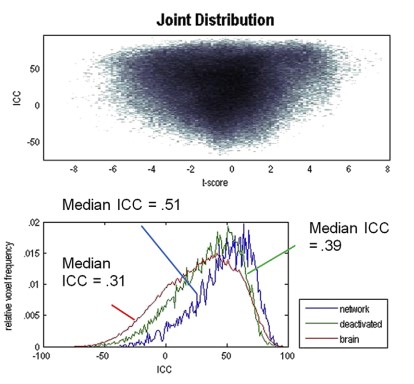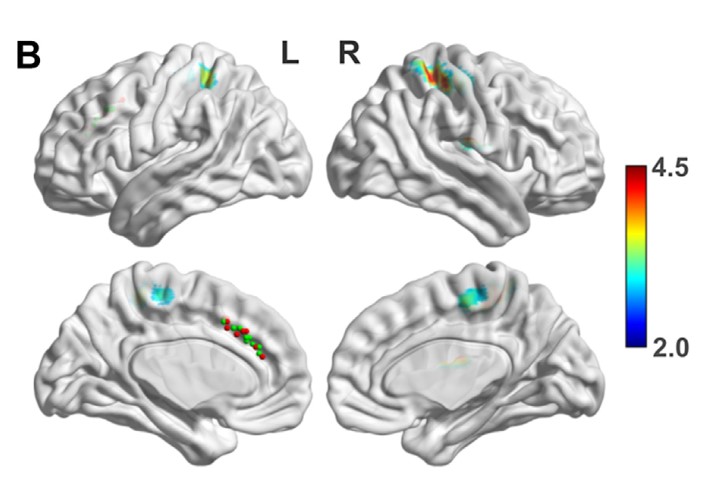Spinach in the teeth: How ego- and allocentric perspectives modulate neural correlates of embarrassment in the face of others’ public mishaps
Abstract Humans experience vicarious embarrassment when they observe other’s mishaps in public settings, even when the protagonist is not embarrassed at all. Though neural correlates of vicarious embarrassment have been studied before, it is yet poorly understood how they are influenced by egocentric or allocentric processes of perspective-taking. In the present study we examined the […]


